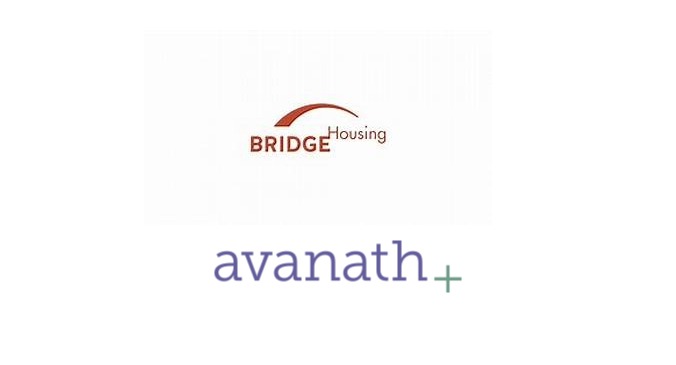
An increasing number of young adults ages 18-24 are not working and have no income, according to a recent study. The research by the St. Louis Federal Reserve’s Institute for Economic Equity, which this year focused on Generation Z, found that more than 1 in 3 young adults have no income, compared to 1 in 5 in 1990. This could have significant implications on individual lives as well as the labor market at large.
Every year, the institute examines the nation’s economy through an equity lens. The study called youth without income “disconnected youth”—meaning young adults who are not in school or working. The number of disconnected youth increased to 13 percent after the Great Recession in 2007-2009, dropped by 2019 and spiked again to 14 percent in 2020, the year the COVID-19 pandemic began, according to the study.
Alongside this trend, college enrollment rates have decreased and more young people are opting out of four-year degrees. But this doesn’t necessarily mean they are not learning. “With resources like Kahn Academy and Ivy League online courses with video content from the best and brightest, high quality education is at their fingertips for free or at a fraction of the cost. They can learn whatever they want, wherever they want, and at their own pace,” according to Fast Company.
The Fed study also emphasized the impacts of declining mental health for the younger generation, which has likely contributed to their experience with employment. “Building supportive communities that foster inclusivity and provide resources for mental health awareness and education may help bridge care gaps,” the study authors said.
Ryan Burge, research director at My Faith Counts, shared a tweet that illustrated the growing number of people with low participation in public life across the board, including those identifying their religion as “nothing in particular.”
People across all age groups seem to be disengaged more than in the past, but the economic trends have serious implications on establishing long-term financial stability for young adults, according to Business Insider. Young adults are less likely to afford a home, save for retirement or start a new business, according to the study. The disconnected youth are also more likely to end up in poorer health down the road, according to Federal Reserve Bank of Dallas.
The study also brought to light racial inequities: More than 70 percent of white and Asian young adults reported doing “at least OK” financially, whereas among black and Hispanic youth, that percentage was 53 percent and 56 percent, respectively. William M. Rodgers III, director of the St. Louis Fed’s Institute for Economic Equity, said, “The report confirms that even during the tightest labor market since World War II, there is a limit to economic growth’s ability to reduce ‘structural’ unemployment that many young blacks and Latinos face, plus a growing number of young whites.”
The report made a case for more employment programs and apprenticeships and expanding access to community college. “Targeting structural barriers that impact young adults—such as mental health, discrimination, the criminal justice system and lack of access to child care and transportation— could improve employment outcomes,” the report said.
Initiatives like the Paducah Innovation Hub made it their mission to address the skill shortage in the labor market and equip young people with professional skills and explore various careers and trades. According to Hub’s principal Steve Ybarzabal, the learning centers focus on five foundational principles: communication, teamwork, fluid intelligence, innovation and problem-solving.
“The research affirms the importance of investing in young people’s physical and mental health. Otherwise, the economy can’t operate at its highest potential today or into the future,” Rodgers told Business Insider.















